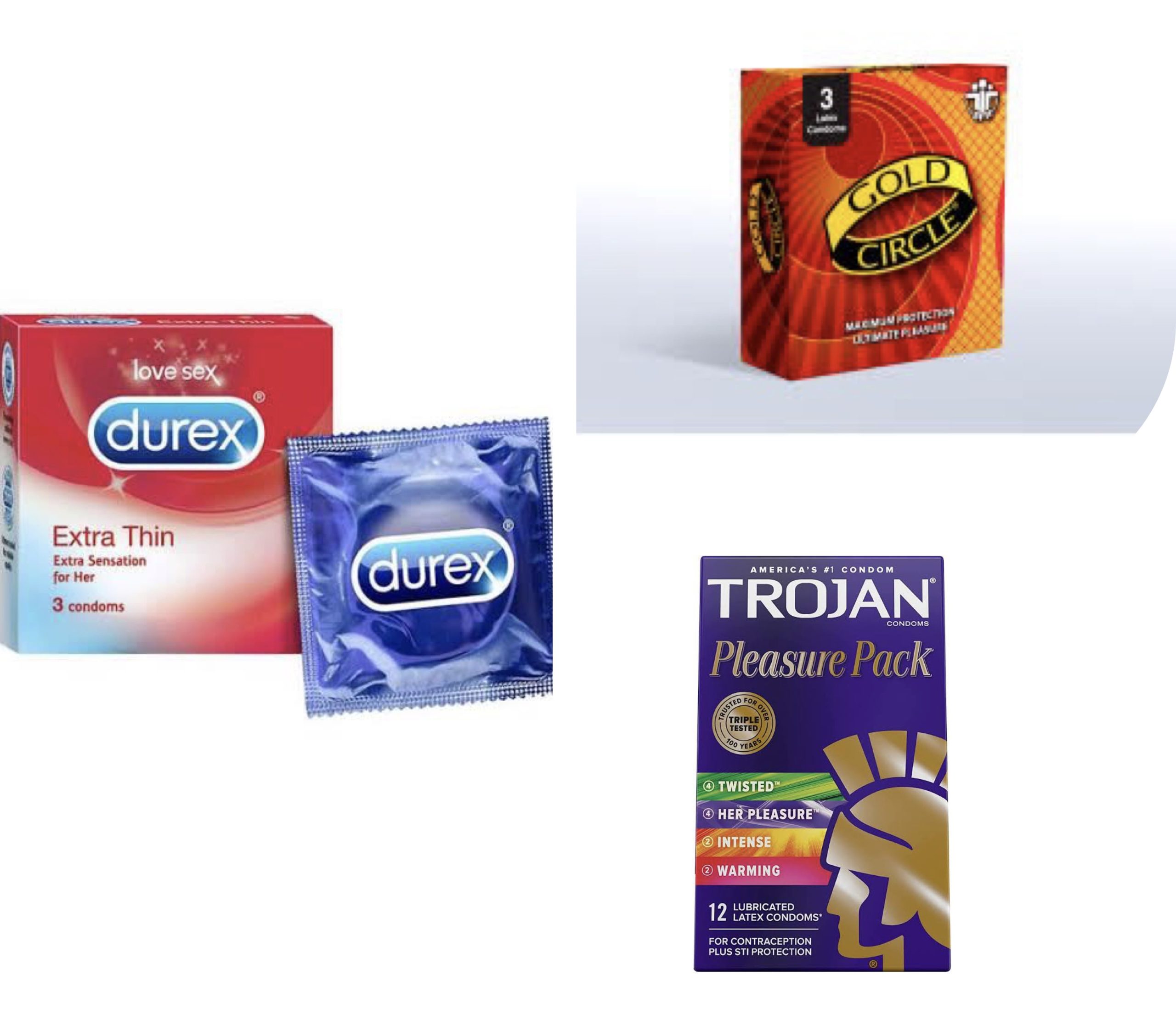By Abimbola Mohammed
The history of condoms goes back at least several centuries and perhaps beyond. For most of their history, condoms have been used both as a method of birth control, and as a protective measure against general (Sexually transmitted) diseases such as syphilis, gonorrhea, chlamydia, hepatitis B and HIV/AIDS. Condoms have been made from a variety of materials; prior to the 19th century, chemically treated linen and animal tissue (intestine or bladder) are the best documented varieties. Rubber condoms gained popularity in the mid-19th century, and in the early 20th century major advances were made in manufacturing techniques. Prior to the introduction of the combined oral contraceptive pill, condom was the most popular birth control method in the Western world. In the second half of the 20th century, the low cost of condoms contributed to their importance in family planning programs throughout the developing world.
Do you remember the coded slang used to call condom back in the days when people were not well sensitized or civilized like they are now? Well it was called a raincoat, funny right? To buy condom then was more like a secretive thing, some get to supermarket or chemist to get condom but too shy to name what they want to buy, they then start ordering for things like biscuits, bread, toilet papers just because they don’t want to be seen as a promiscuous person.
This is because there is this perception among older Nigerians that sexual promiscuity can be associated with the use of condoms, and that brings a sense of shame with buying it. Even though brands overwhelm the audience with sexually suggestive photos, explicit lyrics, and raunchy dance moves on television, the average Nigerian has a socially-conservative upbringing, and is advised never to discuss or deliberate it openly.
It was so much so then that popular condom campaigns were centered on people’s perception of condoms. Remember the famous Gold Circle condom adverts in the 80s, where passengers in a 911 (Molue) bus were making fun of a man whose Gold Circle condom fell from his pocket. Also a condom campaign of a young man who kept buying biscuits because he was too shy to tell the shop attendant that he wanted to buy a condom until another man walked into the same store boldly to buy it.
Now the narrative has changed because marketing in the contraceptive industry has evolved. People are now more aware of the importance of condoms; it is no longer a case of being promiscuous but for the prevention of unwanted pregnancy and STDs. In fact, 13th February, every year is celebrated as World Condom Day; a day set aside to remind the public that condoms prevent sexually transmitted diseases (STDs) and unwanted pregnancy. It’s also a day to promote the use of condoms to provide protection from HIV.
According to the latest statistics from the World Health Organization (WHO), more than 1 million people acquire STDs every day. Many of these STDs have no symptoms, or the symptoms are mild. Because of this, people unknowingly transmit these diseases to others. When a pregnant woman has an STD, it can result in birth defects or a stillborn baby.
On our Throwback today, we look at some of the old condom brands in Nigeria and people’s first experience while purchasing any of the condom brands.
According to Mr. Wale, he said back in the 80s when he was much younger, it was a difficult task to just work into a store to buy condoms because it was seen as an abominable thing to do then; more so, because he was from a strong Christian home.
His words: “It wasn’t an easy task back then. What I usually do as I walk into a chemist was that I would request for things that I don’t need just because I am too shy to buy condoms. It was more difficult to say you want to buy it when there are other customers in the store. After buying most of what I do not need, I then walk close to where the condom is displayed on the shelf and point to it while telling the salesperson ‘give me packs of this’. Those were funny days but that is behind me now.”
Sharing his experience too, Mr. Olu, said he dared not walk into any store in his area to buy condoms.
“What I do is go to stores far from my street; I would wait outside the store until I was the only customer left, before I would tell the salesperson what I wanted to buy. In fact most times I would go with a brown envelope so I can keep it inside. Guy man must not allow people to know his scope.”
Below are the popular condom brands from back then
Gold Circle Condoms
Gold Circle condoms have been around in Nigeria since 1986, for dual protection to encourage family planning and prevent STDs. It was marketed by the Society for Family Health (SFH). SHG is a Nigeria’s leading indigenous not-for-profit organization implementing programmes in reproductive health, HIV and AIDS prevention and treatment, maternal and child health in Nigeria. Gold circle condom is a 4sachet pack condom with a red pack; it is made of latex, well lubricated and shrink-wrapped. It is one of the most popular condom brands in Nigeria and arguably the cheapest of them all.
Durex
Durex is a brand of condoms and personal lubricants owned by the British company Reckitt Benckiser. It was initially developed in London under the purview of the London Rubber Company and British Latex Products Ltd, where it was manufactured between 1932 and 1994. The London Rubber Company was formed in 1915, and the Durex brand name (Durability, reliability, and excellence) was launched in 1929, although London Rubber did not begin manufacturing own-brand condoms until 1932, in collaboration with a rubber technology student from Poland named Lucian Lundau. It is one of the best-selling condom brands around the world, with 30% of the global market. In 2006, Durex condoms were the second best-selling brand of condoms in the United States, with Trojan condoms being the first. It is supplied by, among others, the company Karex.
Trojan
Trojan is a brand name of condom and sexual lubricants manufactured by the Church & Dwight Company. Trojan condoms were started by Merle Leland Young in the 1910s after he moved to New York City. The major condom manufacturer before Youngs was Julius Schmid, who had made condoms from animal intestines starting in the 1880s. Around the same time, Youngs developed reliable rubber condoms under the brand names Ramses and Sheik.
Due to the Comstock Law of 1873 and many similar state laws, condoms were sold as protection against disease until 1957 when the law was repealed. Many pharmacists were reluctant to sell sex-related products so consumers often purchased condoms in secret in the backrooms of bars.
To be continued







Comment
No comments found.